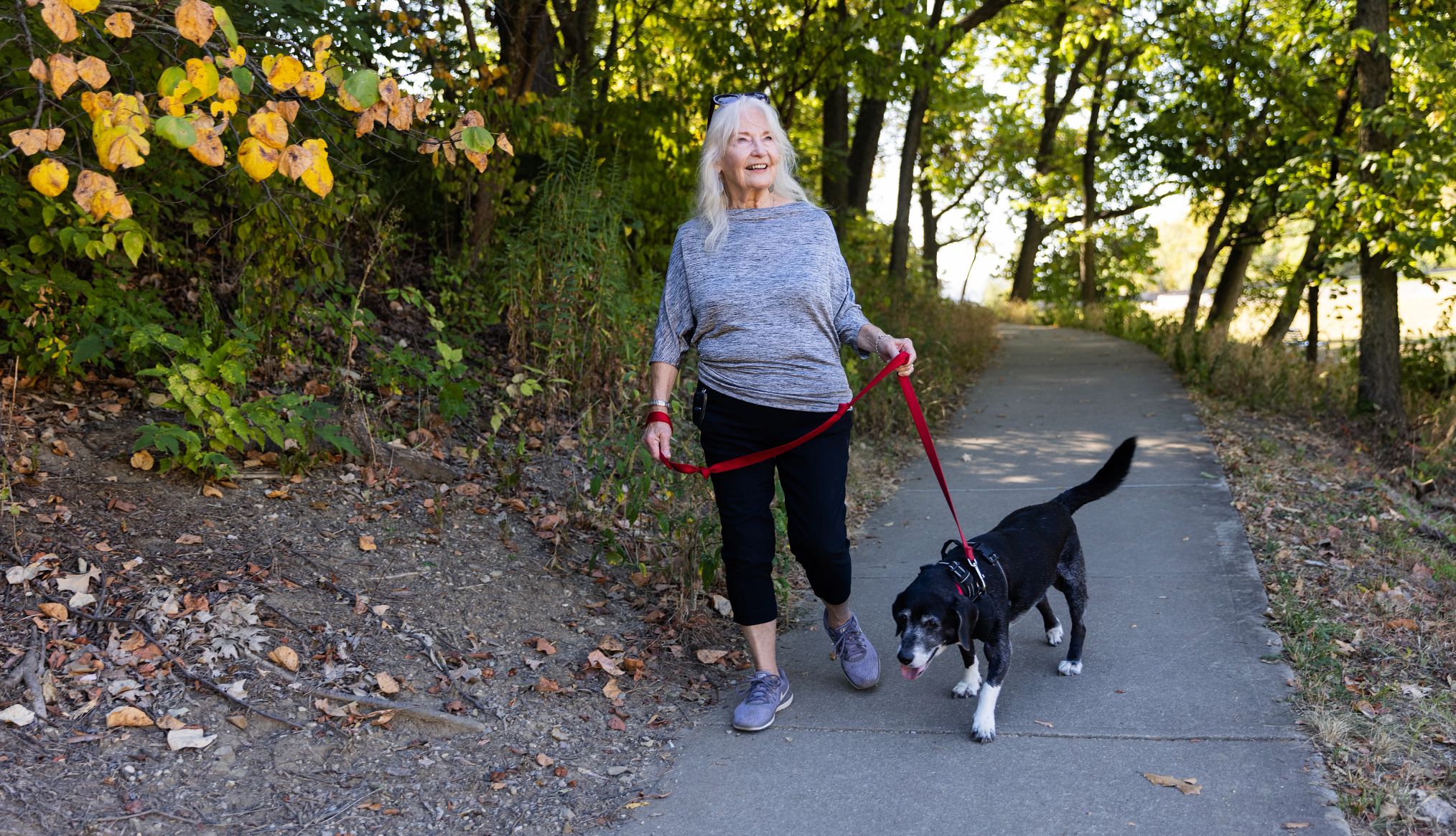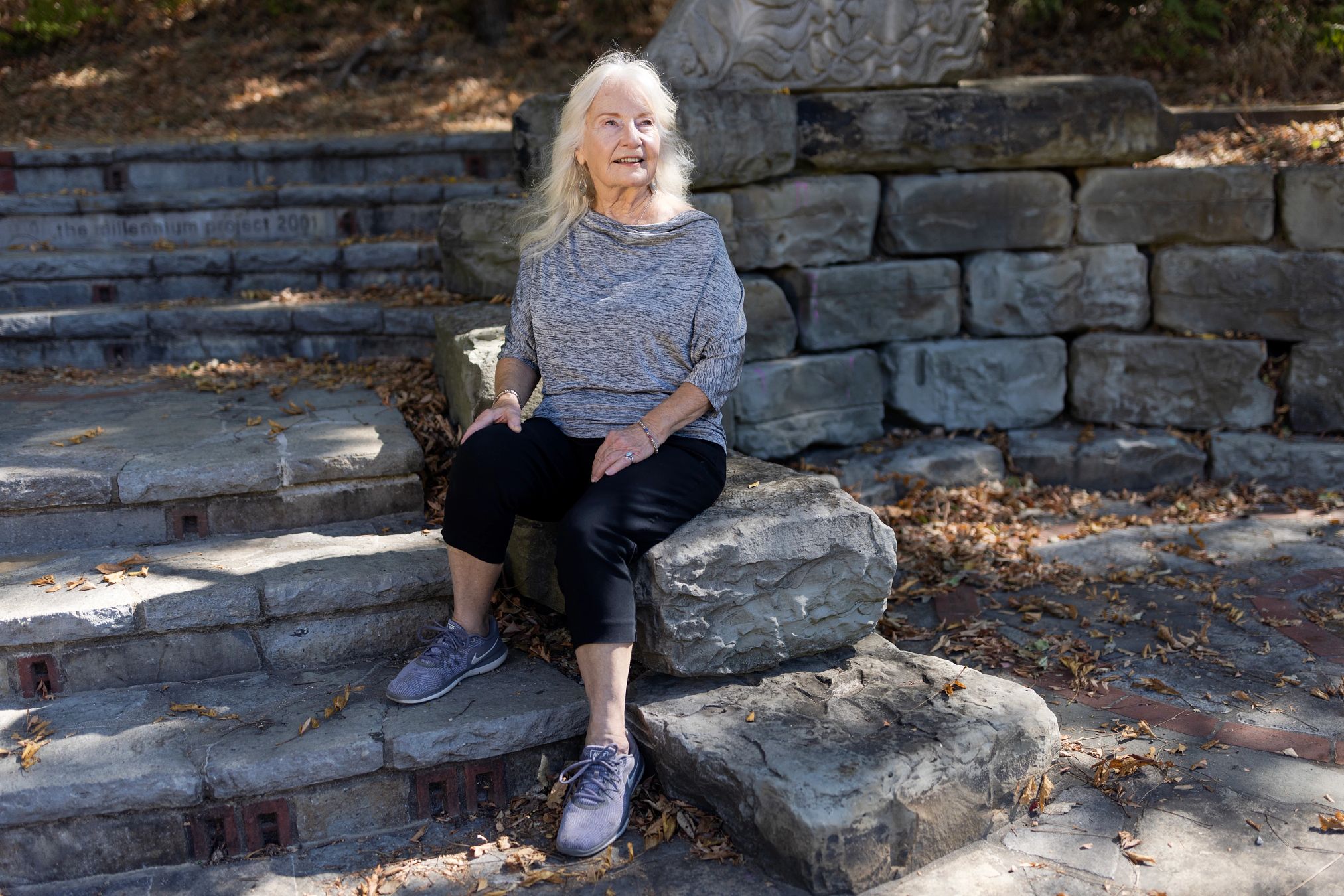AARP Hearing Center


Retirement isn’t always a choice. Sometimes life happens and forces a change. And it doesn’t always happen all at once.
Kat Kombrinck was 67 when she retired from her job as a financial planner. She had recently moved from Cincinnati to Los Angeles to help her son and daughter-in-law with her grandkids and was still adjusting to her new surroundings. On top of that, the technological changes rippling through the financial-services industry were stressing her out.
Apple had just launched the iPad, and 4G was rolling out. Mobile was taking off. Apps and digital investing platforms were becoming more prominent, adding a new layer of complexity to her profession.
“I started getting physically unwell,” says Kombrinck, now 80. “My heart rate went up. I had a tough time breathing, and I realized I had to get out.”
But retirement didn’t last long. Rents were rising in Southern California, and Kombrinck didn’t think she had enough cash flow to cover the increases and live comfortably. Then there was the time to fill; she wasn’t the type to pick up a hobby or relax. So, two years after retiring, she went back to work.
“I don’t do well with nothing or very little of anything to do,” she says. “I have to feel like I’m productive.” Working gave her that feeling.
New job, same stress
Finding a full-time job proved difficult, however, so Kombrinck took temporary positions while she searched for something solid. About a year later, she ended up back in financial services, the industry she had fled, this time as an insurance agent.
By then, she felt comfortable with the technology and thought she could do the job, but the cutthroat nature of working in sales was a new stressor. So was the ageism she says she encountered.
“Going back to work was a mistake. I thought I knew enough, was comfortable enough, but I found out I wasn’t,” she says. “It's really hard to get older; you're not as quick as you were.” Her younger co-workers noticed and made comments that took a further toll on her psyche.
“I really thought I was having lung problems, but the specialists said, ‘You are just stressed out,’ ” she says.
She was 77 by this time and ready to retire permanently. She still needed the money, but the job was causing more harm than good.































































You Might Also Like
How to Fill Your Retirement With Fun
Geocaching, creating a terrarium, learning a new language and more, we have tips to find the best hobby for youCan This Couple Find Familial Bliss Across the Country?
A move from Massachusetts to California is a bit of a bumpy roadWhen to Call in the Pros to Fix Big Money Woes
These true stories show how even the most daunting financial problems have solutionsRecommended for You